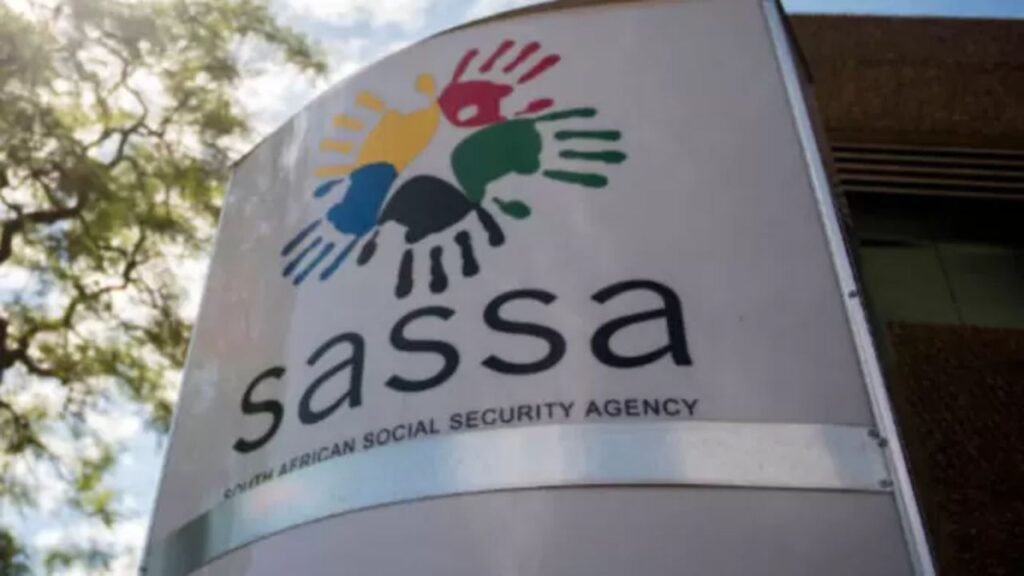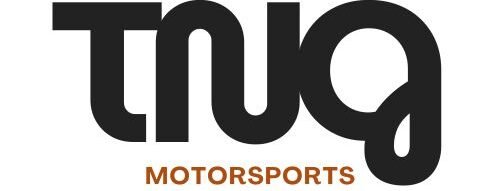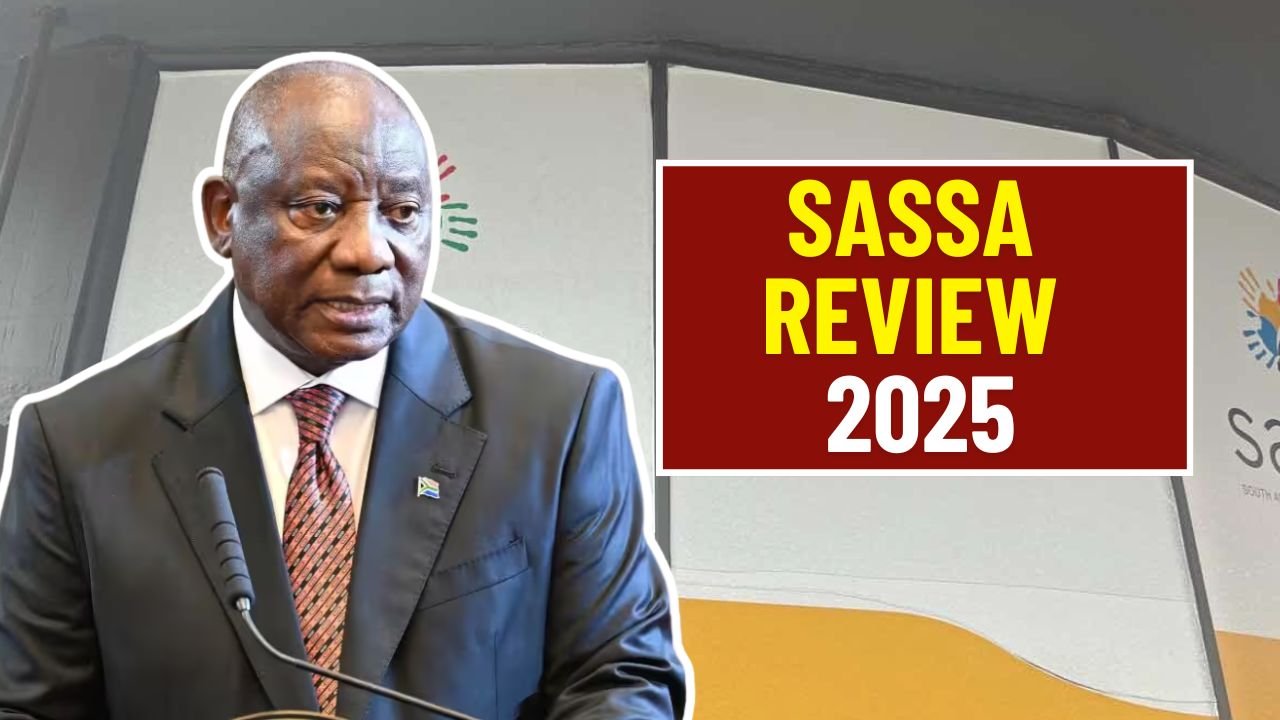A wave of uncertainty has hit over 210,000 South African households after the South African Social Security Agency (SASSA) temporarily halted grant payments for 2025. The decision comes in the wake of a coordinated investigation with credit bureaus that flagged discrepancies in income declarations. Though the grants have not been permanently revoked, the temporary suspension is part of a broader eligibility review process that focuses on financial compliance. This intervention highlights SASSA’s dedication to ensuring that public funds are allocated fairly and transparently. The suspension targets those whose financial activities may conflict with grant requirements, prompting a closer look at whether all recipients still meet the conditions necessary for continued support.
The Legal Framework Behind the Grant Suspension Decision
The current action taken by SASSA is grounded in the provisions of the Social Assistance Act 13 of 2004. This legislation mandates that all social grant applicants must truthfully disclose every source of income at the time of application. Furthermore, it compels beneficiaries to report any future changes to their financial circumstances once grants have been approved. Failure to meet these legal obligations is regarded as a breach of the Act and can lead to corrective measures. These may include temporary suspension or, in severe cases, permanent termination of the grant. Regulation 30 of the Act further authorizes SASSA to carry out periodic eligibility reviews. Beneficiaries selected for such assessments are given a 30-day window to respond and provide updated financial documentation.
Financial Irregularities Trigger Review for Thousands
The recipients most affected by the 2025 suspension are those whose financial data, obtained through registered credit bureaus, suggests undeclared income or suspicious financial activity. Some cases involve part-time or freelance income that was not disclosed during the original application. Others point to receipt of additional social benefits, inheritance money, business proceeds, or funds in bank accounts not previously reported to SASSA. The agency has stressed the importance of full disclosure, even after initial qualification. A change in financial circumstances that leads to ineligibility must be reported immediately to avoid unintentional violations that could disrupt ongoing grant support.
Required Steps for Restoring Payment Eligibility

To maintain their eligibility status and resume grant payments, affected individuals are expected to follow a structured process. They must report to their nearest SASSA office within 30 days of receiving the review notice. During this visit, they are required to submit up-to-date financial documents that accurately reflect their current income level, employment status, or household support. SASSA will then evaluate these documents to determine whether the individual remains eligible. If the requirements are met, the grant may be reinstated. However, if discrepancies persist or eligibility criteria are no longer satisfied, the suspension may continue or lead to cancellation.
Potential Outcomes Based on Recipient Actions
To provide clarity, the following table summarizes the potential consequences based on how beneficiaries respond to the review request:
| Action Taken by Recipient | Outcome for Grant Payment |
|---|---|
| Reports in person with required documents | Grant reviewed and may be reinstated |
| Fails to appear within 30 days | Grant remains temporarily suspended |
| Does not comply over multiple reviews | Grant may be permanently discontinued |
SASSA has reiterated that this review is a compliance process, not a punitive exercise. It is designed to ensure that grants reach those who continue to meet the established qualification rules.
Identity Verification Measures and Fraud Risk Reduction
To further enhance system security, SASSA is encouraging all beneficiaries to transition from the old green bar-coded ID book to the newer smart ID card. The smart ID is viewed as a critical upgrade, offering enhanced protection against identity fraud and manipulation of grant records. This initiative is part of a broader effort to protect the integrity of South Africa’s social welfare system. SASSA has publicly confirmed its zero-tolerance stance on fraudulent activity. Any confirmed case of collusion between grant recipients and SASSA staff will result in strict disciplinary and legal consequences. The agency has also committed to ongoing reviews aimed at removing ineligible participants and unauthorized grant claims.
Accessing Support Services During the Review Period
For beneficiaries facing challenges or uncertainties during the review period, SASSA has made several support channels available. These are designed to assist individuals in clarifying their obligations and ensuring they meet review requirements in a timely manner.
| Support Service Available | Contact Information |
|---|---|
| Toll-Free Customer Helpline | 0800 60 1011 |
| Email Support for Grant Queries | grantenquiries@sassa.gov.za |
| In-Person Assistance | Nearest SASSA Local Office |
Recipients are urged to act promptly, remain transparent in their financial reporting, and take advantage of these support channels to avoid unnecessary delays or discontinuation of payments.
Upholding Fairness Through Responsible Oversight
The temporary delay of 2025 SASSA payments for 210,000 recipients marks a significant move in the agency’s long-standing effort to maintain a fair and lawful grant system. By enforcing the Social Assistance Act, SASSA ensures that social support reaches only those individuals who remain fully eligible and in need. The agency’s partnership with credit bureaus introduces a more robust, data-driven approach to managing social assistance. While the process may introduce temporary challenges for some, cooperation with the review ensures that deserving citizens are not excluded and public funds are not misallocated.
Cooperation is Key to Continued Support
As South Africa’s social safety net evolves, the importance of transparency and accurate financial reporting cannot be overstated. Beneficiaries are encouraged to stay informed, respond within the required timeframes, and maintain their records to preserve access to essential grant payments. This review, although rigorous, is necessary to keep the system equitable and resilient for the long term.

